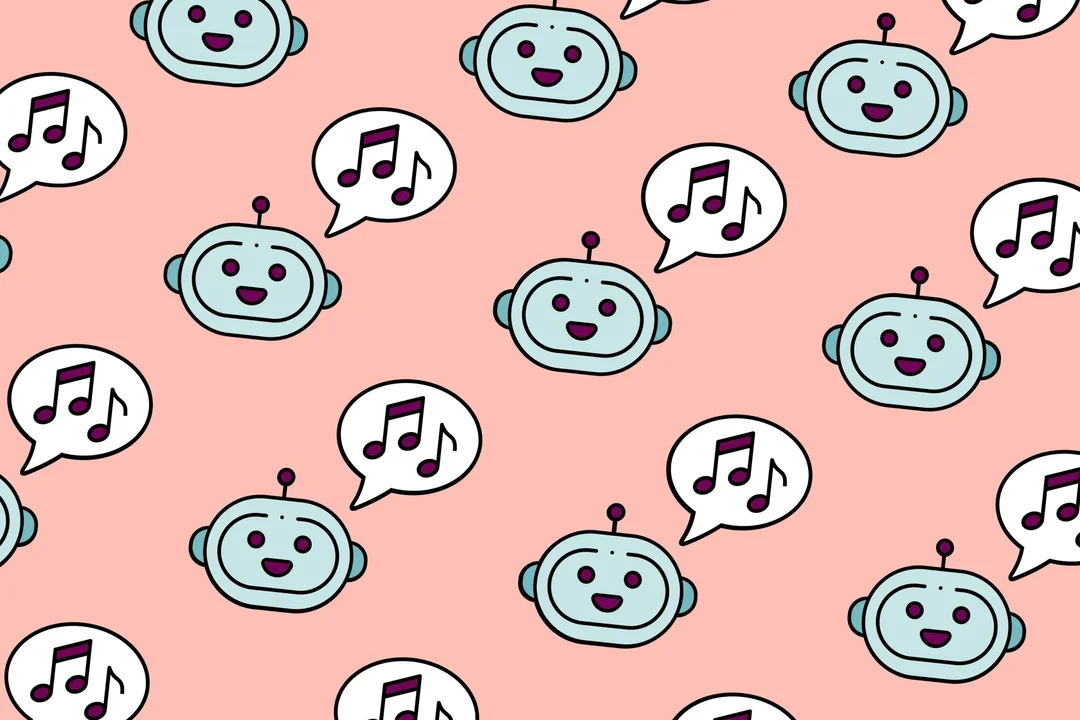
SoundCloud Under Fire for AI Training Clause: Artists Revolt Over Data Usage
SoundCloud, the once-beloved music sharing platform, is facing a wave of criticism after users discovered a controversial clause in its updated terms of service. The clause, quietly implemented in February 2024, grants SoundCloud the right to use uploaded music to train artificial intelligence (AI) models. This has sparked outrage among artists who fear their creative work is being exploited without explicit consent or compensation.
The updated terms state that creators "explicitly agree that your Content may be used to inform, train, develop or serve as input to artificial intelligence or machine intelligence technologies or services as part of and for providing the services," unless a separate agreement exists. This sweeping provision has led some artists to delete their music and close their accounts in protest.
The Flight, a musical duo known for composing music for films and videogames, ignited the controversy by posting about the terms change on Bluesky. "Ok then..." they wrote, linking to SoundCloud's terms webpage, "deleted all our songs that we uploaded to Soundcloud and now closing account." Other artists, like composer Adam Humphreys, echoed their concerns, expressing their disapproval of the policy.
Ed Newton-Rex, CEO of the nonprofit Fairly Trained, also voiced concern on X (formerly Twitter), stating, "SoundCloud seems to claim the right to train on people's uploaded music in their terms. I think they have major questions to answer over this."
In response to the backlash, SoundCloud issued a statement claiming they have never used artist content to train AI models and don't allow third parties to do so. They explained that the February 2024 update was intended to "clarify" how content interacts with AI technologies within their platform, citing examples like playlist generation, music recommendations, and fraud detection. SoundCloud also highlighted their "commitment to responsible, innovative and ethical use of creative AI tools" and their partnership with services designed to ensure rights holders receive proper credit and compensation.
Despite these assurances, the lack of a clear opt-out option and the broad language of the terms have fueled distrust. Critics argue that artists should have the right to choose whether their work is used for AI training and that they deserve proper attribution and compensation for their contributions. The Federal Trade Commission (FTC) has also warned companies against quietly altering privacy policies to use customer data for AI training without proper notice, highlighting the potential legal risks of such practices.
SoundCloud, like many tech companies, has been actively integrating AI into its platform, launching new AI tools designed to assist musicians in various creative tasks. However, this move has been overshadowed by the controversy surrounding the AI training clause, raising questions about the ethical implications of using user-generated content to fuel AI development.
Now, the critical question is: how can platforms like SoundCloud balance AI innovation with the rights and concerns of their artistic community? Will SoundCloud implement clearer opt-out options or explore alternative approaches that prioritize transparency andfair compensation? Share your thoughts in the comments below!